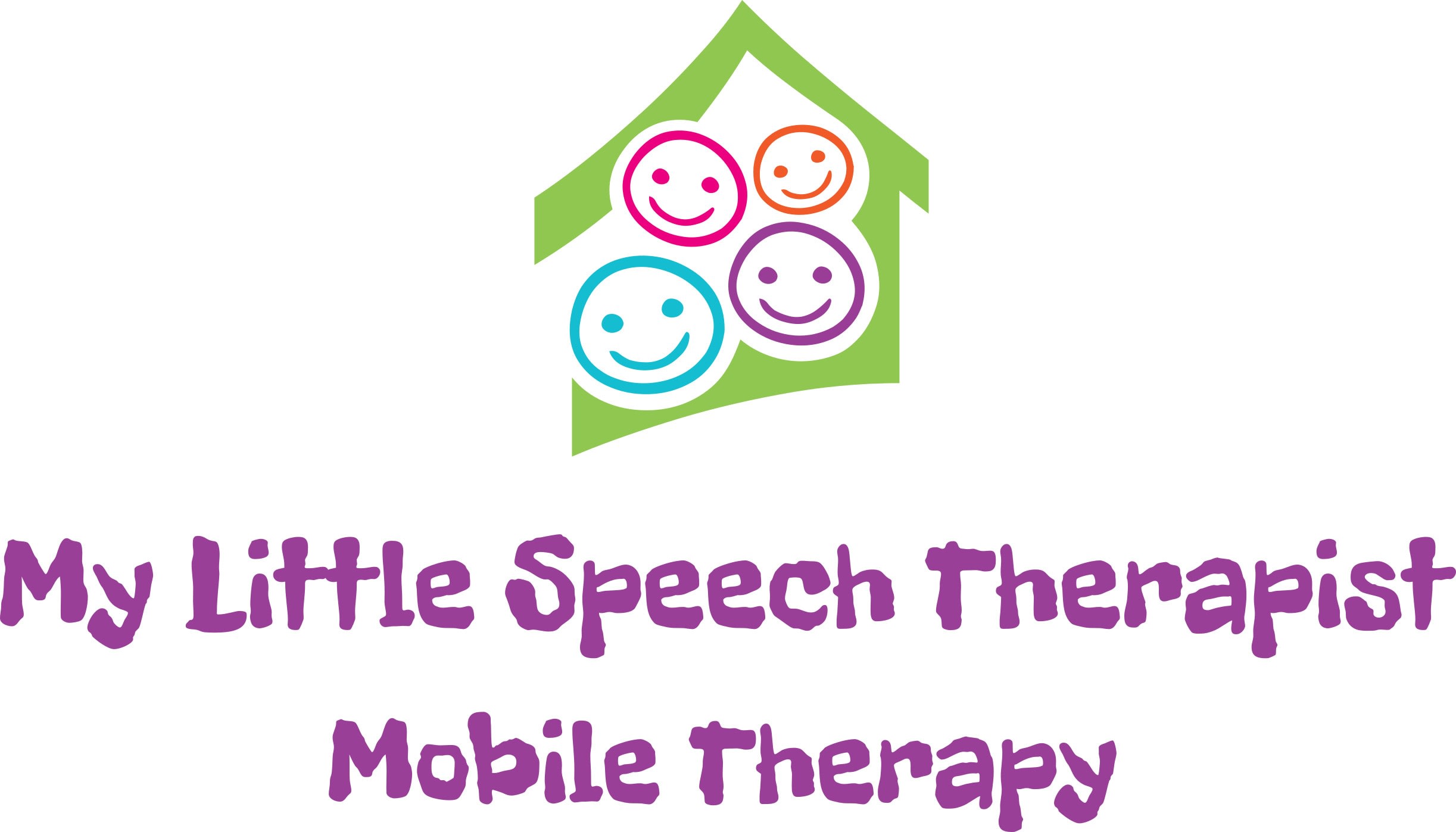Approaches
The Picture Exchange Communication System is a research-based communication tool that is designed to help nonverbal or minimally verbal children communicate their needs and desires. The PECS approach involves the use of picture symbols to represent objects, activities, and concepts. Children are taught to use these symbols to make requests, ask for help, and initiate social interactions. Over time, children learn to use the symbols to construct sentences and engage in more complex communication. Our team of highly trained and experienced speech pathologists uses the PECS approach to provide personalized treatment plans for each child.
Speech therapy is a key component of our program, designed to help children develop their communication skills and overcome speech challenges. We work with children who have a wide range of speech challenges, from articulation disorders to developmental speech delays and beyond. Our speech therapy sessions are tailored to meet the unique needs of each child. We use a range of techniques and approaches to help children develop their communication skills, including articulation therapy, language therapy, and cognitive-communication therapy.
During speech therapy sessions, children are provided with opportunities to practice their communication skills in a safe and supportive environment. Our speech pathologists use a variety of exercises and activities to help children develop their communication skills, while also making therapy fun and engaging.
Developing children's oral motor skills and overcoming oral motor disorders is a major goal of our program, which includes oral motor therapy. We use a range of techniques and approaches to help children develop their oral motor skills, including exercises to strengthen the muscles in the mouth, lips, and tongue. Our oral motor therapy sessions are tailored to meet the unique needs of each child, ensuring that they receive the support and resources they need to develop their oral motor skills at their own pace.
Individual therapy is a key component of our program, designed to provide one-on-one support to children who are facing communication challenges. Our team of highly trained and experienced speech pathologists uses individual therapy to provide personalized treatment plans for each child.
During individual therapy sessions, our speech pathologists work closely with the child to identify their communication challenges and develop a tailored treatment plan. We use a range of techniques and approaches to help children develop their communication skills, including articulation therapy, language therapy, and cognitive-communication therapy.
Play therapy is a research-based approach that uses play as a tool for helping children develop their communication and social skills. During play therapy sessions, children are encouraged to engage in play activities that are designed to help them develop their communication and social skills. Our speech pathologists use these play activities to model appropriate communication and social behaviors, and to help children practice using these skills in a fun and engaging way.
The Preschool Language Scale Evaluation is a research-based tool that is designed to assess the communication skills of children aged birth to six years old. Our team of highly trained and experienced speech pathologists uses this tool to provide personalized treatment plans for each child.
During a Preschool Language Scale Evaluation, our speech pathologists assess a child's language skills across a range of areas, including vocabulary, grammar, sentence structure, and social communication. The evaluation provides us with valuable insights into the child's communication strengths and weaknesses, which we can then use to develop a tailored treatment plan.
The family approach is a key component of our program, designed to provide support and resources to families who are navigating the challenges of communication disorders. Our team of highly trained and experienced speech pathologists uses the family approach to provide personalized treatment plans that involve the entire family.
During family approach sessions, our speech pathologists work closely with the child and their family to develop a comprehensive treatment plan that addresses the child's communication challenges. We provide training and support to parents and caregivers to help them understand the child's communication needs and how to support their development.
Language therapy is a key component of our program, designed to help children develop their language skills and overcome language disorders. Our team of highly trained and experienced speech pathologists uses evidence-based techniques to provide personalized language therapy plans for each child. During language therapy sessions, our speech pathologists work closely with children to identify their language challenges and develop a tailored treatment plan.
Caregiver training is a key component of our program, designed to provide parents and caregivers with the skills and resources they need to support their child's communication development. During caregiver training sessions, our speech pathologists work closely with parents and caregivers to provide training and support in a variety of areas, including language development, speech production, and social communication. We provide parents and caregivers with practical techniques and strategies that they can use at home to help their child continue to develop their communication skills outside of therapy sessions.
